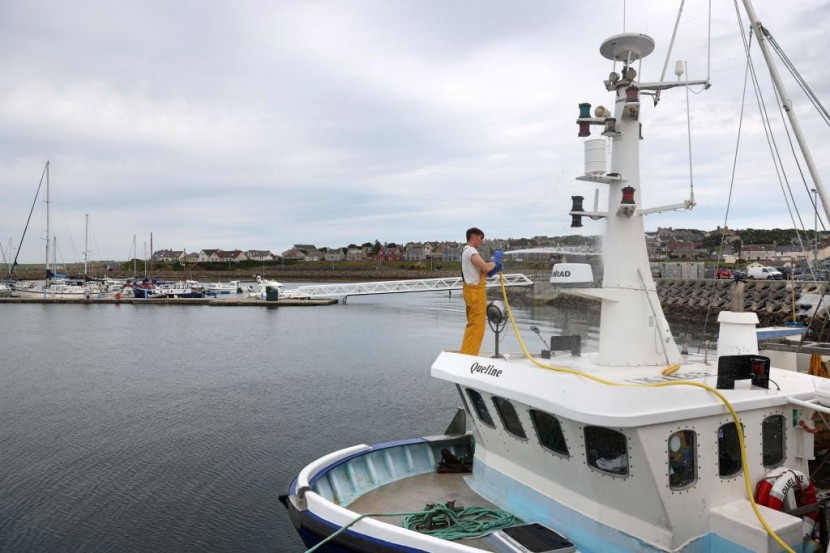
Scotland's government has abandoned its original plan to designate 10% of Scottish waters as Highly Protected Marine Areas (HPMA).
To safeguard the ecology, the plans would have limited fishing and other activities in particular coastal regions, BBC reported. However, several island residents and fishermen voiced opposition to the proposal.
The government is dedicated to increasing maritime conservation, according to Net Zero Secretary Mairi McAllan, a member of the Scottish Parliament (MSPs). Yet she insisted that nothing would be done to further the present goals.
Instead, the Scottish government will have more consultations with the business community, local residents, and conservation groups to determine an alternative course of action and timeline.
Meanwhile, projects like the ones in Lamlash Bay on Arran that aim to implement community-led marine preservation in a shorter time period will be encouraged and helped to succeed.
Strong Resistance
The marine conservation ideas were met with strong opposition from the Scottish fishing sector, coastal communities, and even some MSPs.
The Scottish Fishermen's Federation (SFF), an organization that speaks for fishermen's groups throughout Scotland, has expressed concern that the proposed changes might have a catastrophic impact on the industry as a whole.
Former finance secretary Kate Forbes voiced worry that human beings, not animals, may become "endangered species" in Highland and island locations if proposed employment cuts went into effect. HPMA means that fishing of any kind, even if it is catch-and-release angling for fun, was off-limits at certain locations.
Celtic rock group Skippinish expressed similar concerns in their hit song The Clearances Again, which described protected areas as "a wrecking ball through our existence" and predicted that "the soul will be torn" from island settlements.
"We chose to consult as early and widely as possible on the principles of Highly Protected Marine Areas, with no pre-determined sites," McAllan said via a BBC report.
She emphasized that the current administration's goal has always been and will continue to be to collaborate with locals to determine the best places to increase marine protection while minimizing negative effects and maximizing positive ones. "Therefore, while we remain firmly committed to the outcome of enhanced marine protection, the proposal as consulted on will not be progressed," she added.
What Will It Mean to Citizens?
At least 10% of Scottish Seas were supposed to be designated as HPMAs by 2026 as part of ministers' plans under the Bute House Agreement, which brought the Scottish Greens into government in a historic power-sharing pact with the Scottish National Party (SNP).
It meant that recreational fishing of any kind, including catch-and-release, would be outlawed at certain locations.
Moreover, the gathering of seaweed, the development of new marine renewable energy projects, and the installation of underwater cables would all be prohibited.
Swimming, scuba diving, and windsurfing would be permitted, but only within safe limits.
© 2026 HNGN, All rights reserved. Do not reproduce without permission.








